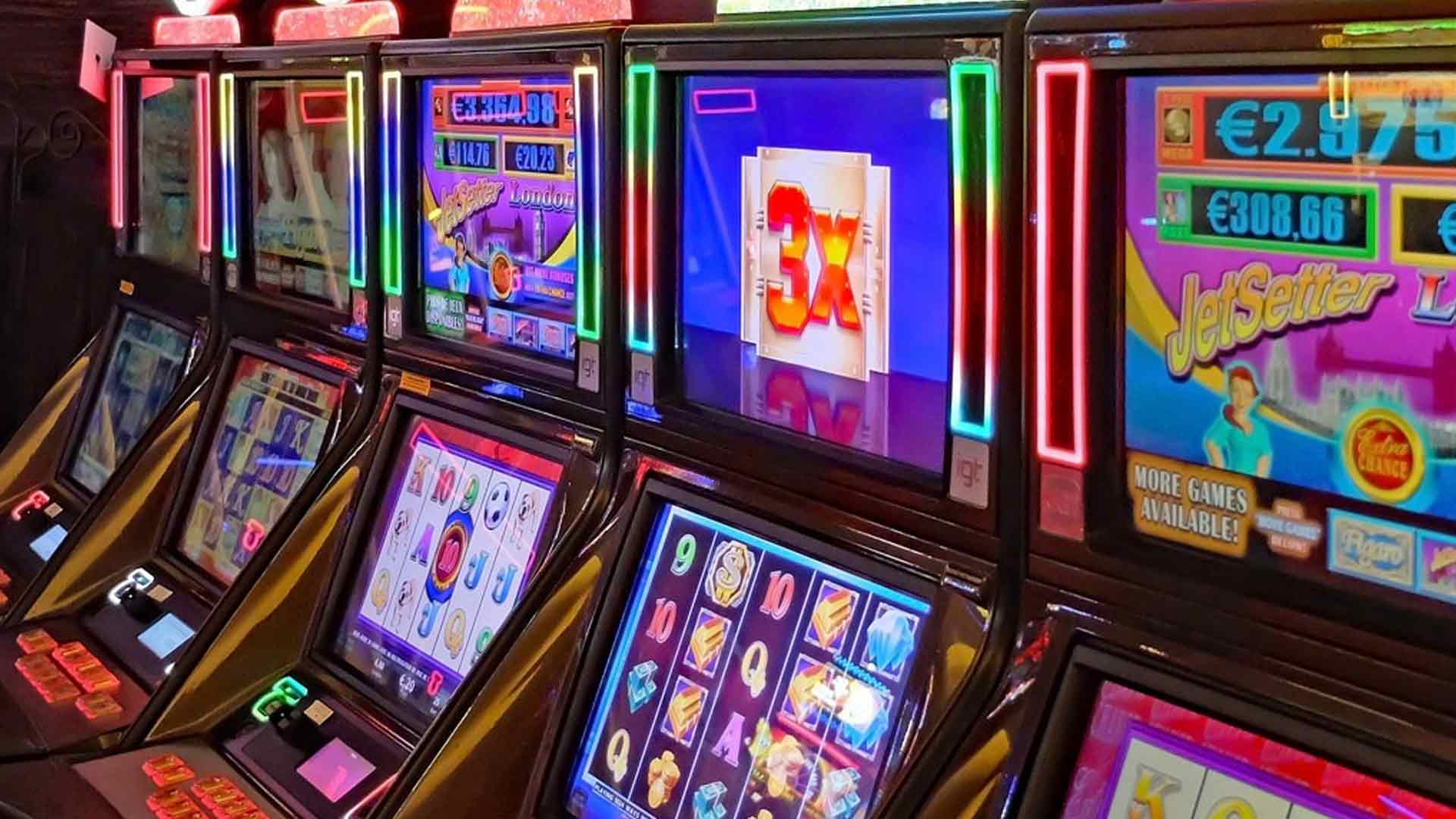The Illusion of Control in Casinos

The Illusion of Control in Casinos
Casinos are designed to be mesmerizing environments, filled with flashing lights, enticing sounds, and the promise of riches. But beneath the glitz and glamour lies a meticulously crafted system designed to exploit a fundamental human vulnerability: the illusion of control. This article delves into the psychological tactics employed by casinos to create this illusion and how it impacts players' behavior and decision-making.
The Psychology of Gambling: Why We Gamble
Humans are wired to seek rewards and avoid losses. Gambling taps directly into this fundamental drive, offering the potential for a significant reward with each bet. The excitement of the unknown, the possibility of winning big, and the occasional near-miss (where a player almost wins) all contribute to a potent cocktail of emotions that can be highly addictive. Casinos understand this psychological landscape intimately and leverage it to their advantage.
Creating the Illusion of Skill
Many casino games, such as poker and blackjack, are perceived as games of skill. While strategic play can certainly improve a player's chances of winning, the house edge ensures that, over time, the casino will always come out on top. Even in games of pure chance like slots and roulette, casinos employ tactics to create the illusion that skill and strategy are involved.
- Near Misses: Slot machines are programmed to frequently display near misses, where the reels almost align to create a winning combination. This can be incredibly frustrating, but it also reinforces the belief that the player is "close" to winning, encouraging them to keep playing.
- Skill-Based Elements (in Reality): Some games, like video poker, do have skill-based elements, but the odds are still stacked in the casino's favor. Understanding the paytables and making strategic decisions can marginally improve your expected return, but it won't eliminate the house edge.
- Rituals and Superstitions: Players often develop rituals and superstitions, such as blowing on dice or picking specific slot machines. These behaviors create a sense of control, even though they have no impact on the outcome of the game. Casinos subtly encourage these behaviors as they keep players engaged.
Architectural and Environmental Design: The Sensory Experience
Casinos utilize a range of architectural and environmental design techniques to create a powerful sensory experience that further reinforces the illusion of control and encourages prolonged play:
- Lack of Clocks and Windows: Casinos typically lack clocks and windows, disorienting players and making it difficult to track the passage of time. This allows players to become engrossed in the games and lose track of how long they've been playing.
- Maze-like Layout: The layout of a casino is often designed to be a maze, forcing players to wander past various games and temptations. This increases the likelihood of them placing more bets.
- Sensory Overload: Casinos bombard players with stimuli: flashing lights, vibrant colors, captivating sounds, and even carefully chosen scents. This sensory overload creates a heightened state of arousal and can impair judgment.
- Free Drinks and Comps: Casinos often offer free drinks and comps to players. These amenities lower inhibitions, impair judgment, and increase the likelihood of continued play.
The Role of Randomness
The reality of casino games is that they are, at their core, based on random events. Whether it’s the spin of a roulette wheel, the deal of a card, or the outcome of a slot machine reel spin, the element of chance dictates the outcome. The illusion of control thrives in the context of this randomness, as players constantly try to identify patterns or apply strategies where none exist.
Understanding the Risks and Playing Responsibly
Recognizing the illusion of control is the first step toward playing responsibly. It's crucial to understand that casinos are designed to make money and that the odds are always in their favor. Here are some tips for playing responsibly:
- Set a Budget: Determine a budget before you start playing and stick to it, regardless of your wins or losses.
- Set Time Limits: Decide how long you will play for and stick to your schedule.
- Avoid Chasing Losses: Resist the urge to increase your bets to recoup previous losses.
- Take Breaks: Step away from the games regularly to clear your head and regain perspective.
- Recognize the Signs of Problem Gambling: If you find yourself gambling more than you can afford, hiding your gambling from others, or experiencing negative consequences due to your gambling, seek help.
Gambling should be a form of entertainment. By understanding the psychology behind the casino experience and recognizing the illusion of control, you can make informed decisions and enjoy the games responsibly. Remember, luck plays a far greater role than skill in most casino games.
Looking for a safe and reliable platform to enjoy slot games? Explore the options and find your entertainment at the m88 mansion slot link alternatif.
```